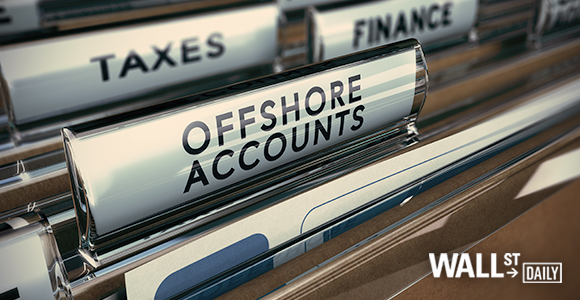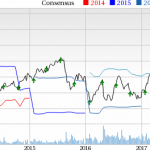Over the past 30 years, China has experienced tremendous growth.
To put this all in perspective, when China began to open up to the world in 1978, exports for the full year were equal to one day of exports in 2010.
In 1980, China’s economy was the size of the Netherlands. In 2013, it added an amount equal to the size of the Dutch economy.
In 1990, China’s economy was the same size as Taiwan. Now it’s more than 12 times bigger.

China’s success isn’t a mystery – it’s been built on a tested and straightforward formula:
1) Rapid manufacturing export growth fueled by cheap labor, cheap land, and robust foreign demand.
2) Huge investments in infrastructure, property, and factories – driven by cheap debt and foreign investment.
Hundreds of millions of Chinese have been pulled out of poverty and some have been able to accumulate great wealth. This is a great success story. Unfortunately, the recipe for China’s success to date is also the source of its current troubles.
China’s Elite Are Worried – Should You Be?
You would think that with all this economic progress and momentum, wealthy Chinese would be brimming with confidence regarding their country’s future.
But they realize that the two trends above that drove double-digit growth in the past have now run their course.
Labor is no longer as cheap after rising at an annual 10% clip, debt isn’t an effective tool for boosting growth and is growing at twice the rate of economic growth, and foreign investment has slowed considerably.
In short, instead of money coming into China, it’s leaving.

And the perception of a weak currency is accelerating this outflow.
“Companies don’t want renminbi and individuals don’t want renminbi,” said Shaun Rein, the Founder of the China Market Research Group. “The renminbi was a sure bet for a long time, but now that it’s not, a lot of people want to get out.”













Leave A Comment